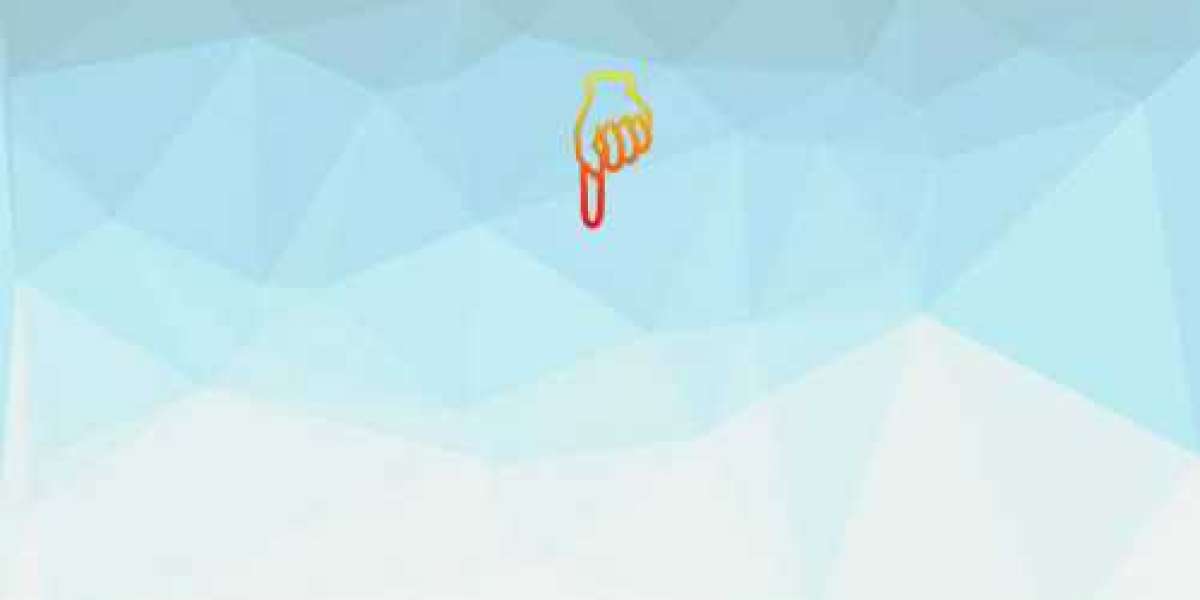PSYCH-K®, a process that blends elements of psychology, neuroscience, and energy work, has sparked significant interest as an alternative approach for mental health and well-being. With its goal of transforming limiting subconscious beliefs into empowering ones, PSYCH-K® is said to address issues ranging from stress to self-esteem, and even deep-seated trauma. But how well does it work? In this article, we’ll dive into PSYCH-K® reviews, explore its benefits, and examine how it may influence mental health and well-being.
Understanding PSYCH-K®: The Core Principles
PSYCH-K® is rooted in the idea that our beliefs shape our reality. Many of these beliefs operate at the subconscious level, significantly influencing our behaviors, feelings, and reactions to life's events. PSYCH-K® aims to facilitate profound change by accessing the subconscious and transforming limiting beliefs into supportive ones.
The process typically involves muscle testing and balance protocols. These techniques are used to communicate directly with the subconscious and establish new, healthier belief patterns. This mind-body approach has gained popularity due to its simplicity, non-invasive nature, and the sense of empowerment it offers participants.
What Users Are Saying: Reviews and Testimonials
Positive Reviews: Feeling Empowered and Transformed
A considerable number of PSYCH-K® users report significant positive outcomes. Here are some common experiences shared in reviews:
Reduced Anxiety and Stress: Many people report feeling more at peace after a PSYCH-K® session. Anxiety and stress, which often stem from deeply held limiting beliefs, can be reduced when these beliefs are replaced with empowering ones. Reviewers mention how they are able to respond to stressful situations with greater ease and calmness, describing a sense of inner resilience that helps them face life’s challenges.
Improved Self-Esteem and Confidence: A frequent theme in positive reviews is the change in self-perception. Participants often discuss shifts from self-criticism to self-acceptance, leading to improved self-esteem and confidence. For instance, one reviewer shared that they no longer felt held back by self-doubt, allowing them to pursue opportunities that once felt impossible.
Trauma Release: PSYCH-K® is also praised for its ability to help release trauma and negative emotional baggage. By working with the subconscious, many people find they are able to process and let go of past trauma that has kept them stuck. This sense of liberation is one of the most profound outcomes mentioned in reviews.
Enhanced Relationships: Users of PSYCH-K® often note that changing their own beliefs has a ripple effect on their relationships. As they let go of limiting beliefs about themselves and others, they find it easier to connect, communicate, and foster healthier relationships.
Criticisms and Concerns: Does It Work for Everyone?
While many reviews are overwhelmingly positive, not all users have had transformative experiences with PSYCH-K®. It’s important to look at these less favorable reviews to understand its limitations:
Effectiveness May Vary: Not everyone experiences the same degree of change. For some, the shifts are immediate and life-changing, while others may need multiple sessions or notice only subtle differences. Critics of PSYCH-K® often mention that their expectations were not met after one or two sessions, leading them to question its effectiveness.
Skepticism from the Scientific Community: PSYCH-K® lacks a substantial body of peer-reviewed scientific research, which can make it difficult for some individuals to trust the method. Many in the scientific community regard it with skepticism due to the lack of empirical evidence supporting its efficacy. While numerous participants report positive outcomes, these are often anecdotal, making it harder to validate the method in a traditional scientific context.
Dependent on the Facilitator: Another factor that comes up in reviews is the role of the facilitator. Some users feel that the quality of the session is highly dependent on the facilitator’s skills, which makes the experience inconsistent. While a skilled facilitator can make a significant difference, an inexperienced one might not achieve the same results.
How Does PSYCH-K® Contribute to Mental Health and Well-being?
Despite the mixed reviews, there is substantial anecdotal evidence suggesting that PSYCH-K® has the potential to be a powerful tool for enhancing mental health and well-being. Here’s how it may contribute positively:
Addressing the Root Cause of Mental Health Challenges
Unlike some traditional mental health treatments that focus primarily on managing symptoms, PSYCH-K® aims to address the root causes of emotional and psychological challenges—often held at the subconscious level. By transforming limiting beliefs, participants often find that their symptoms of anxiety, depression, or low self-worth lessen because the foundational belief driving these experiences is changed.
Supporting Neuroplasticity
Neuroplasticity is the brain’s ability to reorganize itself by forming new neural connections. By intentionally working to reprogram subconscious beliefs, PSYCH-K® may support neuroplasticity, leading to long-lasting changes in thinking patterns and emotional responses. Users often report feeling a shift in their automatic responses to situations, which suggests the possibility of rewired neural pathways.
Empowerment and Self-Responsibility
A significant benefit of PSYCH-K® is the sense of empowerment it gives participants. Mental health challenges can often make people feel powerless over their thoughts and emotions. PSYCH-K® provides a way to actively participate in the transformation of one’s beliefs and mindset. Many users feel a renewed sense of agency over their lives, which is a crucial element in fostering mental well-being.
Integration with Other Therapies
Some users mention combining PSYCH-K® with other forms of therapy, such as Cognitive Behavioral Therapy (CBT) or counseling. The complementary approach can provide a more comprehensive path to mental health and well-being. While traditional therapy helps individuals understand and cognitively work through challenges, PSYCH-K® works on transforming the beliefs underlying those challenges. Many users report that this integration allows for deeper and more effective healing.
Is PSYCH-K® Right for You?
Determining whether PSYCH-K® is right for you largely depends on your perspective, needs, and openness to alternative approaches. Here are a few questions to consider:
Are You Open to Alternative Modalities? PSYCH-K® is not a traditional therapeutic method, and it lacks extensive scientific validation. However, many people who have benefited from it were willing to try an unconventional approach to achieve change.
Do You Struggle with Recurring Negative Beliefs? If you find that negative, self-limiting beliefs are consistently holding you back, PSYCH-K® may offer a pathway to shift these patterns at the subconscious level.
Have You Tried Traditional Therapies Without Success? For some individuals, conventional therapies may not fully address their needs. PSYCH-K® could serve as a supplementary tool for exploring mental health and well-being from a different angle.
Conclusion: The Verdict on PSYCH-K® for Mental Health
The effectiveness of PSYCH-K® for mental health and well-being appears to be highly individual. While some people experience profound transformations that positively impact their mental health, others find the results to be less dramatic. Positive reviews highlight its potential to reduce anxiety, improve confidence, and release trauma, while criticisms focus on the lack of scientific evidence and the variability of experiences.
Ultimately, PSYCH-K® may hold value as a complementary approach for those open to exploring their subconscious beliefs and willing to take an active role in their mental health journey. Whether it’s the key to unlocking new levels of well-being or simply a supplementary tool, the potential for empowerment makes PSYCH-K® worth considering for many seeking alternative pathways to mental health.














